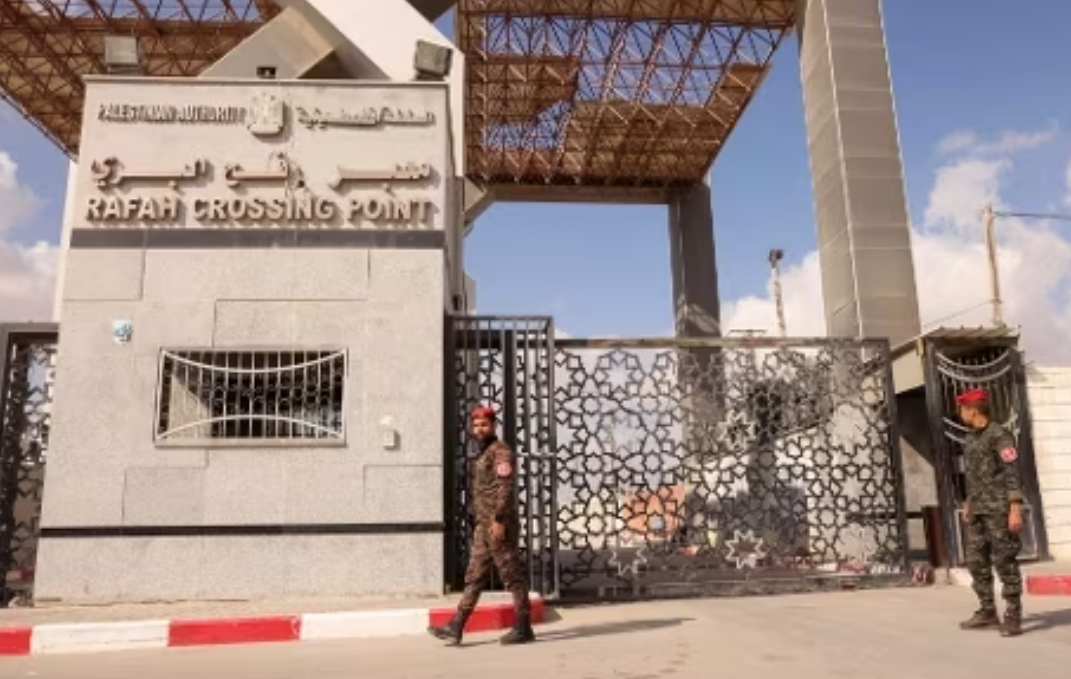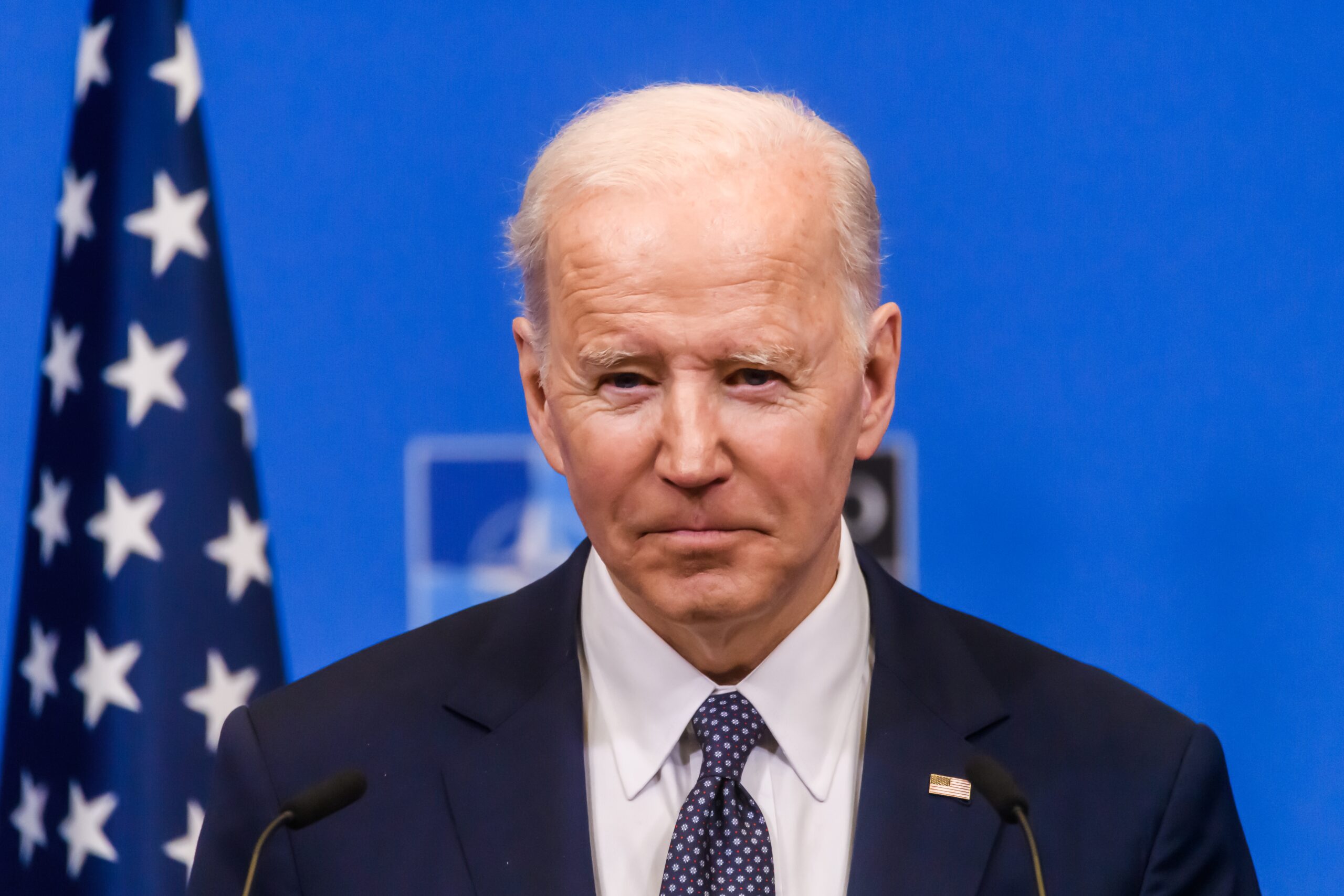[ad_1]
MELBOURNE (Reuters) – Commonwealth Bank of Australia on Tuesday scrapped its chief executive’s bonus for damaging the bank’s reputation amid allegations it broke money-laundering and counter-terrorism financing rules, but said he retained the board’s confidence.
Australia’s financial intelligence agency last week accused the bank of roughly 53,700 breaches, launching a civil court action that could see the country’s biggest lender fined several billion dollars.
The case is the largest of its kind in Australian corporate history, and sent Commonwealth Bank shares sliding for their biggest one-day decline in 18 months on Friday.
The board said it had cut short-term bonuses to zero for the chief executive, Ian Narev, and other top executives for the year to June 30, 2017.
“In reaching this conclusion the overriding consideration of the board was the collective accountability of senior management for the overall reputation of the group,” Chairman Catherine Livingstone said in a statement.
“Mr Narev retains the full confidence of the board,” the bank’s statement said. Sharing some accountability, Livingstone said directors’ fees had been cut by 20 percent for the 2018 financial year.
The move, designed to smoothe public concerns, came a day before the bank releases its annual results on Wednesday, with analysts tipping record cash earnings of A$9.8 billion ($7.78 billion).
Commonwealth Bank paid Narev A$2.9 million in short-term bonuses as part of a total package of A$8.8 million in 2016.
In order to prevent a board spill being triggered at the annual general meeting in November, the bank needs to ensure its remuneration report is approved by more than 75 percent of voting shareholders, following a “first strike” against it in 2016. Under Australian law, a board spill can be triggered if two consecutive remuneration reports are voted down.
Stephen Mayne, a director at the Australian Shareholders’ Association, which aggregates about A$500 million worth of CBA’s shareholder proxy votes, said if that happened the bank would need to hold a special shareholders meeting spilling the board within 90 days of the meeting.
“That is something that could be very much in focus in the mind of the board, that their own positions could be under scrutiny in an entire boards spill,” he said.
The bank is accused of systematically failing to identify, monitor and report suspicious transactions totaling over A$77 million, and failing to act promptly on police instructions to suspend suspicious accounts.
Narev has played down the allegations, blaming most of the breaches on a software issue that was fixed as soon as it came to light.
Six alleged breaches related to customers who had been assessed by the bank as posing a potential risk of terrorism or terrorism financing. Others involved money-laundering syndicates subject to police investigations.
Each breach carries a maximum penalty of A$18 million, and Mayne said it would be appropriate for the bank to note a contingent liability for a potential fine in the financial accounts to be released this week.
The accusations have revived calls for a sweeping public inquiry into Australia’s banking system following a series of scandals, including aggressive sales tactics, insurance fraud and interest rate rigging.
The banking industry, supported by the Liberal-led coalition government, has rejected such pressure, although an inquiry has widespread public support and the backing of the opposition Labor Party.
($1 = 1.2602 Australian dollars)
Reporting by Sonali Paul, Tom Westbrook and Paulina Duran; Editing by Richard Pullin and Stephen Coates
[ad_2]
Source link







Leave a Reply